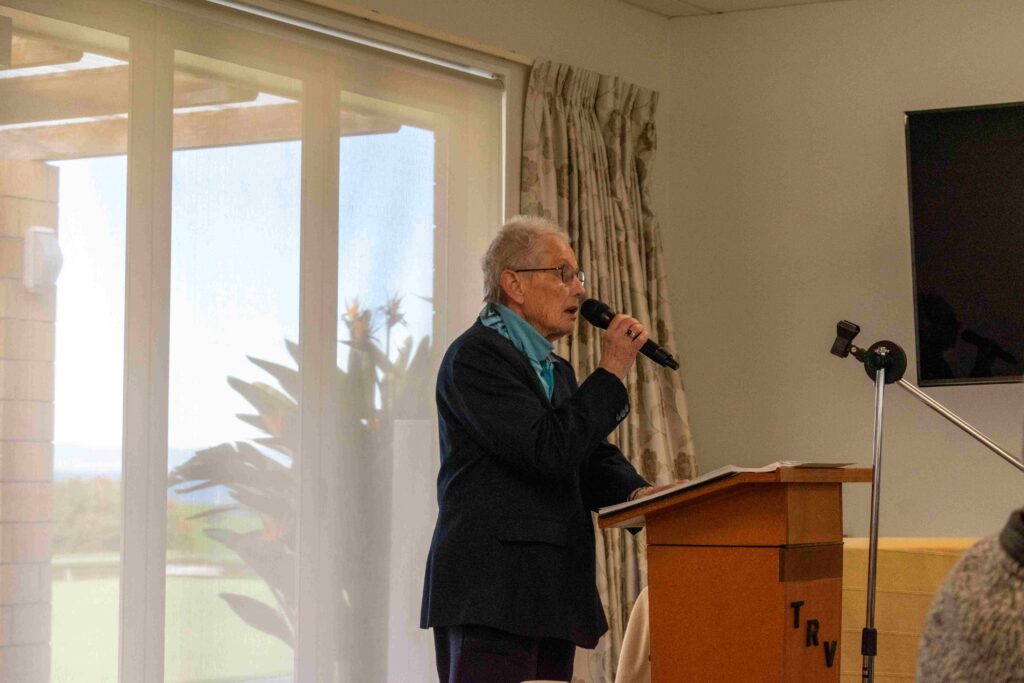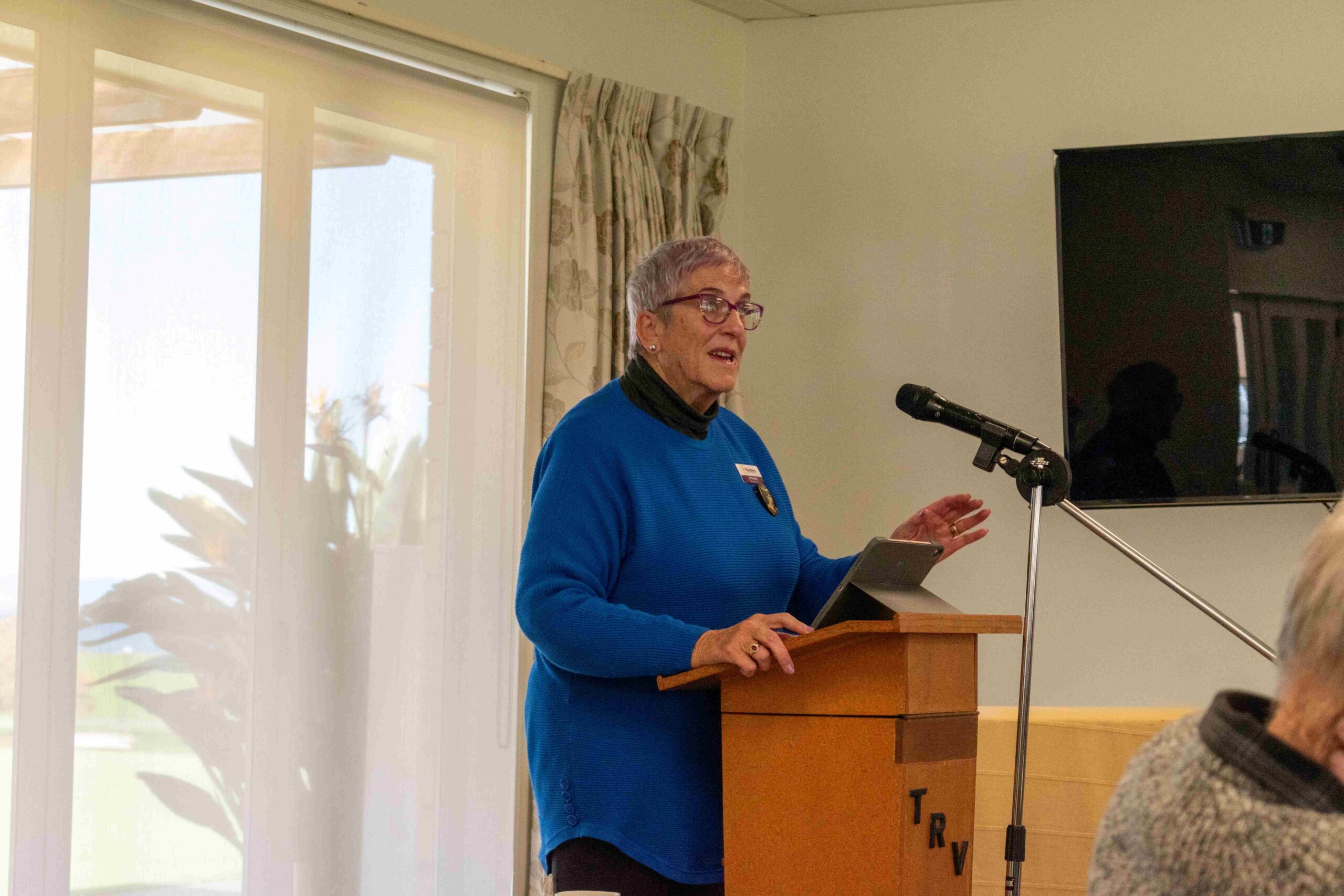Retirees gathered on August 22 to hear about ongoing efforts to reform the Retirement Villages Act 2003, the legislation overseeing the relationships between retirement village operators and their residents.
The meeting, held in Bupa Tararu’s community lounge, was hosted by Althea Hill, the Waikato district representative for the nationwide Retirement Villages Residents Association (RVR). The guest speaker was the association’s vice president, Di Sinclair.
In 2023, the Ministry of Housing and Urban Development called for public submissions on reviewing the Act. It received over 11,000 submissions, most of which came from members of the RVR.
Work to review the Act began in September, 2024, with three issues being made a priority: the maintenance and repair of operator-owned chattels and fixtures; a revamped complaints and disputes process; and quicker repayment of capital when residents move out of a village.
Residents in a retirement village usually don’t own their home outright – they sign an occupation right agreement allowing them to live in the unit. There is currently no fixed timeframe in which the village operator must repay the occupant’s capital funds when they die or move out – they do not need to pay until the unit is resold.

Di Sinclair said the first two priorities were well underway to being addressed, with the Commerce Commission saying operators charging residents for chattel repairs risked breaching the Fair Trading Act, and the Retirement Commission looking into an independent disputes resolution process.
But the issue of promptly repaying residents’ capital had been a sticking point, she said.
“This review is not about village life. That has never been in dispute. We all know why we moved into a village, and 99 per cent of us are very happy where we are,” she said.
“This is about rebalancing the presence of power imbalance and quietly strangling the goose that has laid the golden eggs for so long… There is nothing in the present law that incentivises operators to push on and give you your money back.”
Di outlined the RVR’s proposed repayment structure, called the Four Pillars, to the meeting attendees. The structure would require village operators to return 10 per cent of the residents’ refundable amount within five days of the unit’s vacancy or termination notice, with full repayment within four months.
“The purpose of this is that it brings certainty for residents and families, it enables bridging finance to be sought if necessary, and it supports financial planning for families,” Di said.
Michelle Palmer, executive director of the Retirement Villages Association (RVA) which represents village operators, said in a June press release that most repayments already occurred within a reasonable timeframe, and mandatory payback timeframes could disadvantage smaller operators.
“Ours is a resident-funded model, where repayments to outgoing residents are generally made possible by incoming residents. There is no large pool of cash – just a carefully managed system built for the long term,” Michelle said.
“We’re seeking a balanced and sustainable framework that meets residents’ needs while recognising the realities of operating villages.”
The government has indicated that any legislative changes were expected to be made by the end of 2025, with amendments to the Act introduced in July, 2026.





